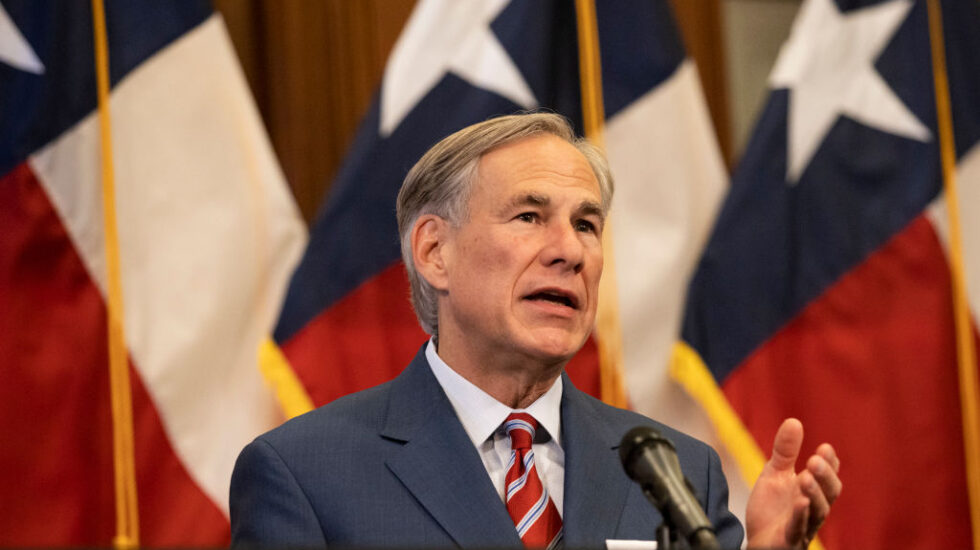With the stroke of Gov. Greg Abbott’s pen, new legislation that curtails voting access in Texas is officially state law. Abbott, a Republican, signed the controversial bill on Tuesday, saying it’s now “harder for people to cheat at the ballot box in Texas.”
Here’s what the legislation means for Texans:
- Twenty-four hour voting is banned.
- Drive thru voting is banned.
- Election officials can no longer send unsolicited mail-in ballots.
- Residents voting by mail must provide their driver’s license number or the last four digits of their Social Security number on both their application for a mail-in ballot and the ballot itself. Those numbers will be compared to confirm the voter’s identity.
- Poll watchers have new authority to monitor activity at polling locations, “including the sealing and transfer of a memory card, flash drive, hard drive, data storage device, or other medium.”
- Those who assist the disabled – other than their primarily caregivers – must pledge that their help was limited to “reading the ballot to the voter, directing the voter to read the ballot, marking the voter’s ballot, or directing the voter to mark the ballot.”
- The Texas secretary of state must conduct monthly checks to ensure that people who say they are not a resident when applying for a driver’s license or ID are not on the state voter rolls.
Several of the policies outlawed by the new bill were introduced last year to make voting easier during the pandemic. But other now-prohibited provisions – like 24-hour voting – also benefited people with non-traditional work hours.
“These new restrictive laws don’t simply reduce voters’ options, but for many voters eliminates their access to voting altogether,” Isabel Longoria, the elections administrator for Harris County, said in a statement.
The Houston Chronicle adds:
Democrats have labeled the legislation voter suppression, but Republicans insist it is aimed at making it harder for people to commit various forms of election fraud. While Republicans never proved widespread voter, they insist the bill addresses smaller scale problems.
Democrats in the Texas legislature tried to block the bill by walking out of the State Capitol earlier this summer, but that desperate maneuver failed to stop the inevitable outcome.
“With the deliberate barriers to voting created by this legislation and redistricting just around the corner, we need the U.S. Senate to act immediately on the John Lewis Voting Rights Act,” Texas House Democratic Caucus Chair Chris Turner said in a statement. “Our democracy depends on it.”
Civil rights groups have already initiated lawsuits over the legislation, asserting that multiple provisions of the new law violate both the Voting Rights Act and amendments to the Constitution. Opponents of the bill say minorities are disproportionately impacted. From The Washington Post:
…the law already faces two challenges in federal court, with nearly two dozen organizations and individuals suing Texas GOP leaders and local elections officials. Abbott said he did not believe the legal challenges would derail the legislation.
“I feel extremely confident that when this law makes it through the litigation phase, it will be upheld in a court of law,” Abbott told reporters in Tyler, Tex., where he signed the bill into law. “No one who is eligible to vote will be denied the opportunity to vote. It does, however, make it harder for cheaters to cast an illegal ballot.”
The Associated Press provides broader context:
Texas is among at least 18 states that have enacted new voting restrictions since the 2020 election, according to the Brennan Center for Justice.
The laws are part of a national GOP campaign, including in Florida, Georgia and Arizona, to tighten voting laws in the name of security, partly driven by Trump’s false claims that the election was stolen.



